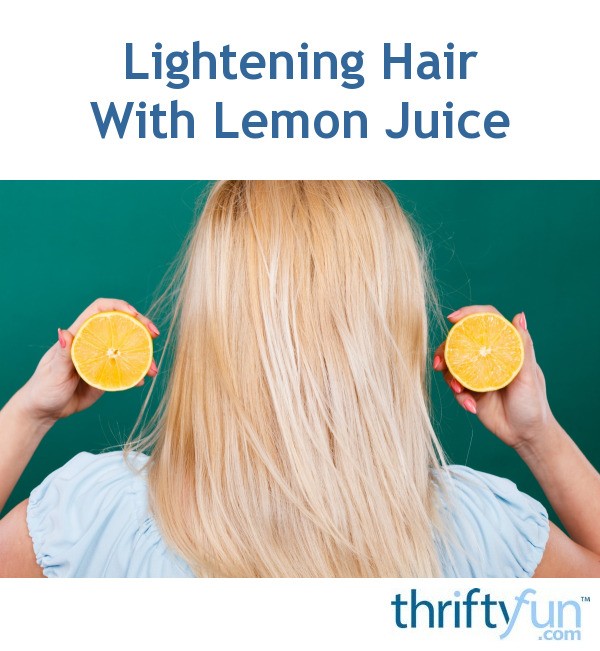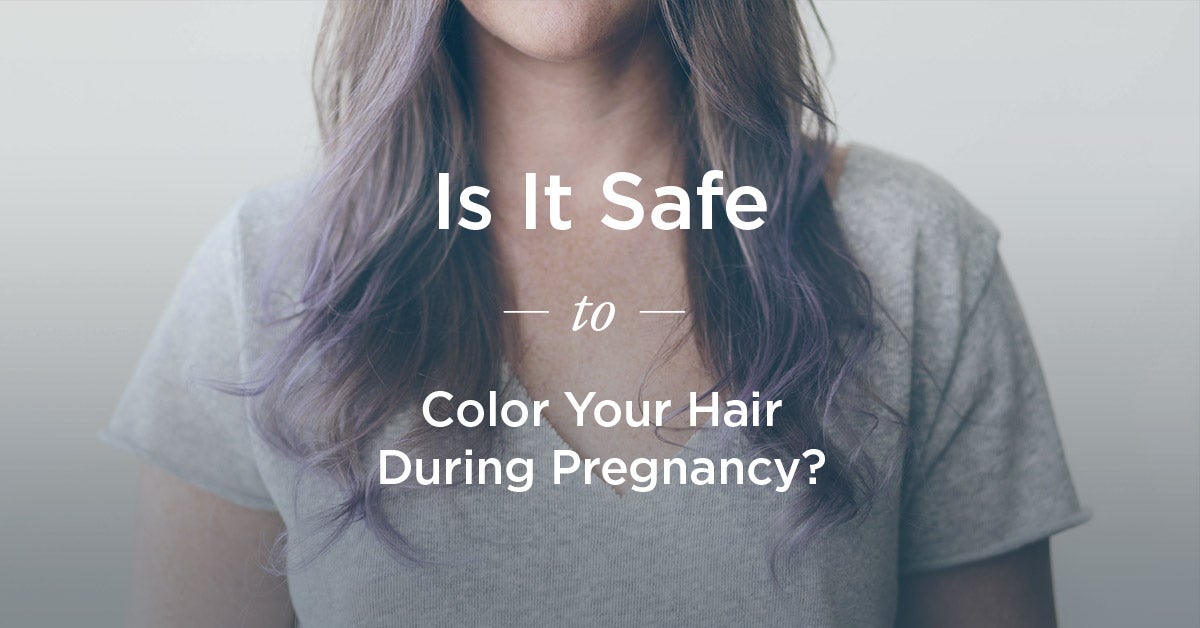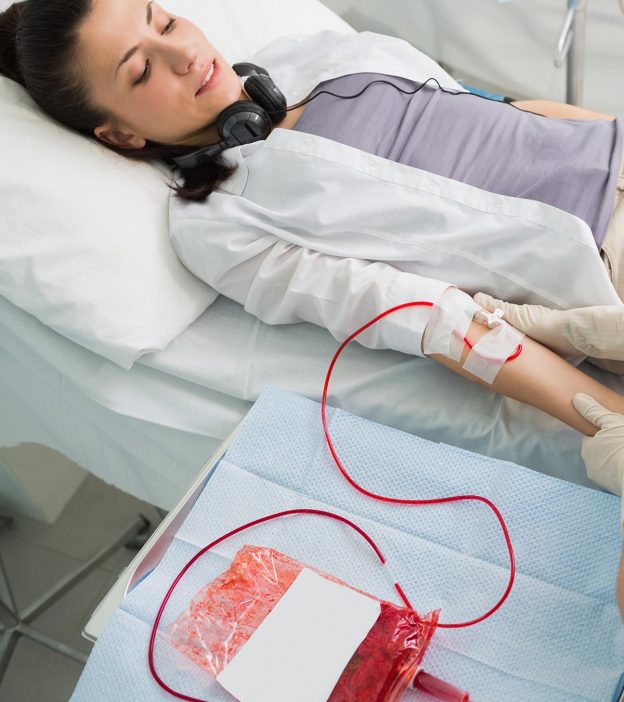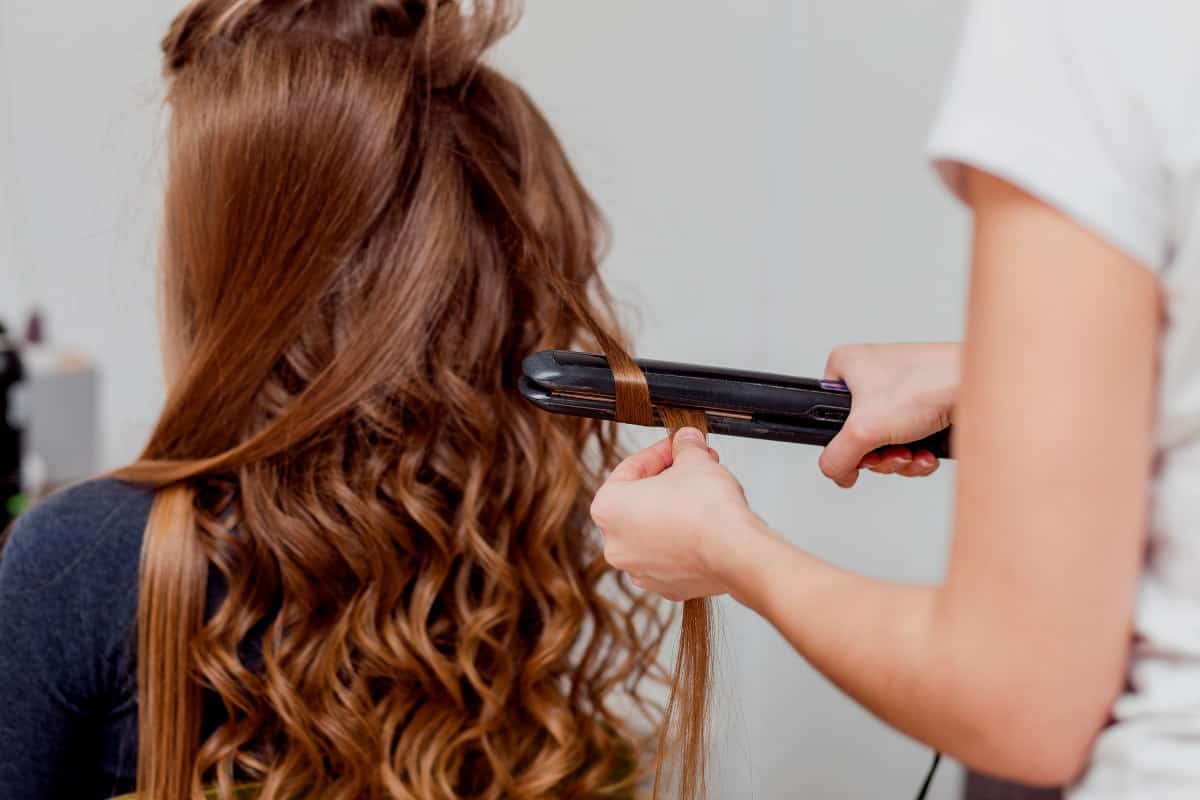Table Of Content
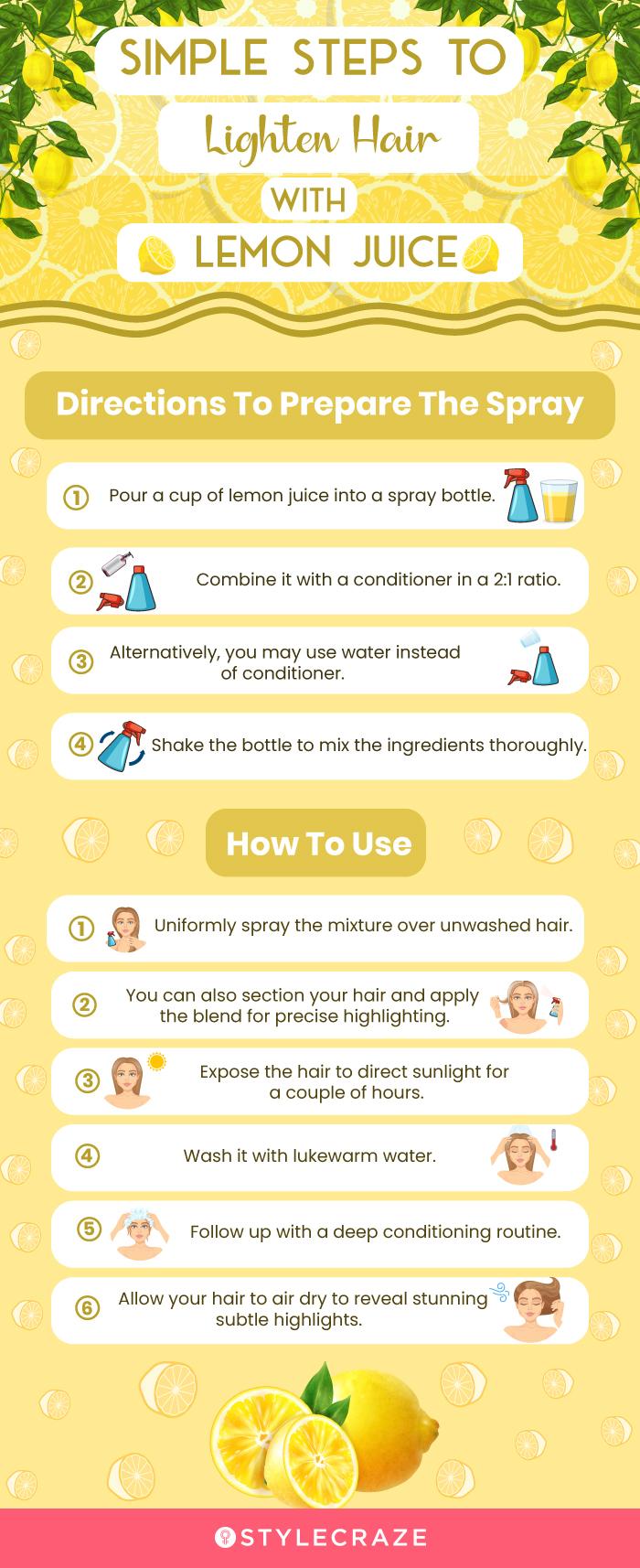
While phytophotodermatitis doesn’t directly impact hair health, it can affect the scalp, particularly if it is exposed to sunlight. Hence, it is essential to be cautious while handling these plants, as some individuals may be more susceptible to this contact reaction than others. If any adverse reactions are experienced, seeking medical advice is recommended for appropriate management. While anecdotal evidence suggests that lemons may aid in treating dry skin and dandruff, caution should be exercised, particularly for individuals with eczema or psoriasis.
Lana Del Rey might be putting lemons on her roots, but should you? - Dazed
Lana Del Rey might be putting lemons on her roots, but should you?.
Posted: Fri, 15 May 2020 07:00:00 GMT [source]
Watch for Reactions
Lemon helps to restore the body’s pH balance and restore the natural shine of your hair. This vitamin can speed up hair growth by increasing collagen production. By adopting these preventive measures and using lemon juice responsibly, you can enjoy the potential benefits it may offer without compromising the health and integrity of your hair. Regardless of the method chosen, the most significant results will be observed when your lemon-treated hair is exposed to sunlight. It can also leave hair smelling like a fruit bowl, so be warned. "You will need to thoroughly wash and deep-condition your hair afterwards to remove the strong lemon aroma", says Sally-Ann.
Can lemon juice damage hair?
To get started, you’ll need a few lemons, warm water, and a spray bottle. At the end of the day, however, Monahan says that the lighter your hair is naturally, the more effective lemon juice will be as a lightener. “Even with naturally blonde hair, it will still be much more subtle than a salon bleach,” she points out. And, for what it's worth, you don't have to have fully-blonde locks. Even if you have light highlights, spritzing in some lemon can brighten them up.
The Truth About Lightening Your Hair With Lemon Juice
The colorists all noted that you should avoid any products that contain peroxide. Even though they lift color quicker, they can turn your hair orange and collect inside the shaft of the hair, which will cause some problems for you if you decide to get your hair done professionally. Peroxide can also permanently affect the texture and feel of your hair. Apply with a color brush or paint brush and try your hand at some DIY balayage. “Keep off the scalp and focus around your face and ends,” advises Schafer. And as with every application we’ve learned so far, applying heat will help speed up the process.
I Channeled My 13-Year-Old Self And Squeezed Lemon Juice In My Hair To Get Natural Highlights
The mask provides both nourishment and hydration to the hair, leaving it moisturized, healthy, and revitalized. Regular use of this lemon and honey hair mask can contribute to stronger and more lustrous hair, promoting overall hair health and growth. Incorporating lemon-based treatments into your hair care routine can lead to a nourished and problem-free scalp. For optimal results, consider incorporating 2 tablespoons of apple cider vinegar into your preferred lemon juice hair rinse (as mentioned in the aforementioned options). After preparing the mixture, ensure an even distribution throughout your hair, allowing it to sit for a few minutes before applying conditioner and rinsing it out.
Is it really possible to naturally lighten your hair?
It is noteworthy that these effects are applicable to all hair colors and can offer relief and improvements to individuals experiencing these concerns. For this work, you should combine the solution with sun exposure to shorten the lightening hair process and get better results. You may see that your hair color change when you spend a lot of time in the sun. The sun changes the melanin in the hair, which decides your natural hair hue.

How to lighten your hair with lemon juice.
8 Effective Homemade Tomato Hair Masks For Stronger & Longer Hair - iDiva.com
8 Effective Homemade Tomato Hair Masks For Stronger & Longer Hair.
Posted: Thu, 17 Aug 2023 07:00:00 GMT [source]
But, then again, so does any other color processing treatment. Performing a patch test before applying lemon juice to the hair and scalp can help people avoid phytophotodermatitis. A patch test involves applying some lemon juice to a small area of skin and exposing it to sunlight. Lemon juice is rich in vitamin C, which helps to stimulate hair growth and strengthen hair follicles. Harness the power of lemon and reap its benefits to strengthen your hair shaft and improve your hair strength.

Ginger also helps boost bone health, strengthen the immune system, and increase appetite. This spicy root is also good for mitigating obesity and relief from menstrual pain. There are a couple of ways to go about it before grabbing the juicer. Many experts believe that chamomile can deal with scalp problems and infections because of its antimicrobial action while also treating dandruff and related flaking. Our experts continually monitor the health and wellness space, and we update our articles when new information becomes available. StyleCraze believes in credibility and giving our readers access to authentic and evidence-based content.
Citric acid is known to whiten fabrics and is occasionally included in skincare products to help lighten the appearance of dark spots. Citric acid acts like a chemical exfoliant, clearing away the old so the new can take its place. To apply, slather it onto damp hair so the water helps kick things into gear. To keep the hair wet and contained, twist it up into a bun and cover it with a shower cap. You’ll want to keep the hair coated anywhere from 1 to 4 hours depending on how light you’re trying to go and how dark your existing color is. Some heat can help speed things up, so whip out the blowdryer and direct the hot air to hit your shower cap now and then while you let it sit.
This experiment works mainly on natural blondes or ashy, light brown hair. He also explains that the acid combined with the sun can degrade hair’s natural lipid layer, which can lessen the hair’s ability to hold essential moisture. Or, put simply, it can dry out the strands, especially after repeated uses. When you expose your hair to sunlight after applying lemon juice, the citric acid opens up your hair cuticles. This strips away the first layer of hair color, resulting in a natural change in color.
Lemon, probably one of the most commonly found citrus fruits that are available throughout the year at your grocery store, isn’t only great for adding a little zest to your dishes. It turns out lemon can also be immensely beneficial for your hair. If you want to achieve a specific tone of highlights, see a hairstylist for advice. You should also see a dermatologist if you experience any adverse effects after using a lemon rinse. One way to avoid irritation and possible phytophotodermatitis is to conduct a skin patch test a few days before using lemon in your hair and scalp.
If you have darker hair, lemon juice and sunlight probably won’t deliver your ideal color. And if your hair is already highlighted and you’re trying to enhance it with lemon juice? Lemon juice is a versatile ingredient that can help promote hair health. By mixing lemon juice with other natural ingredients, you can enhance its positive impact on your hair.
